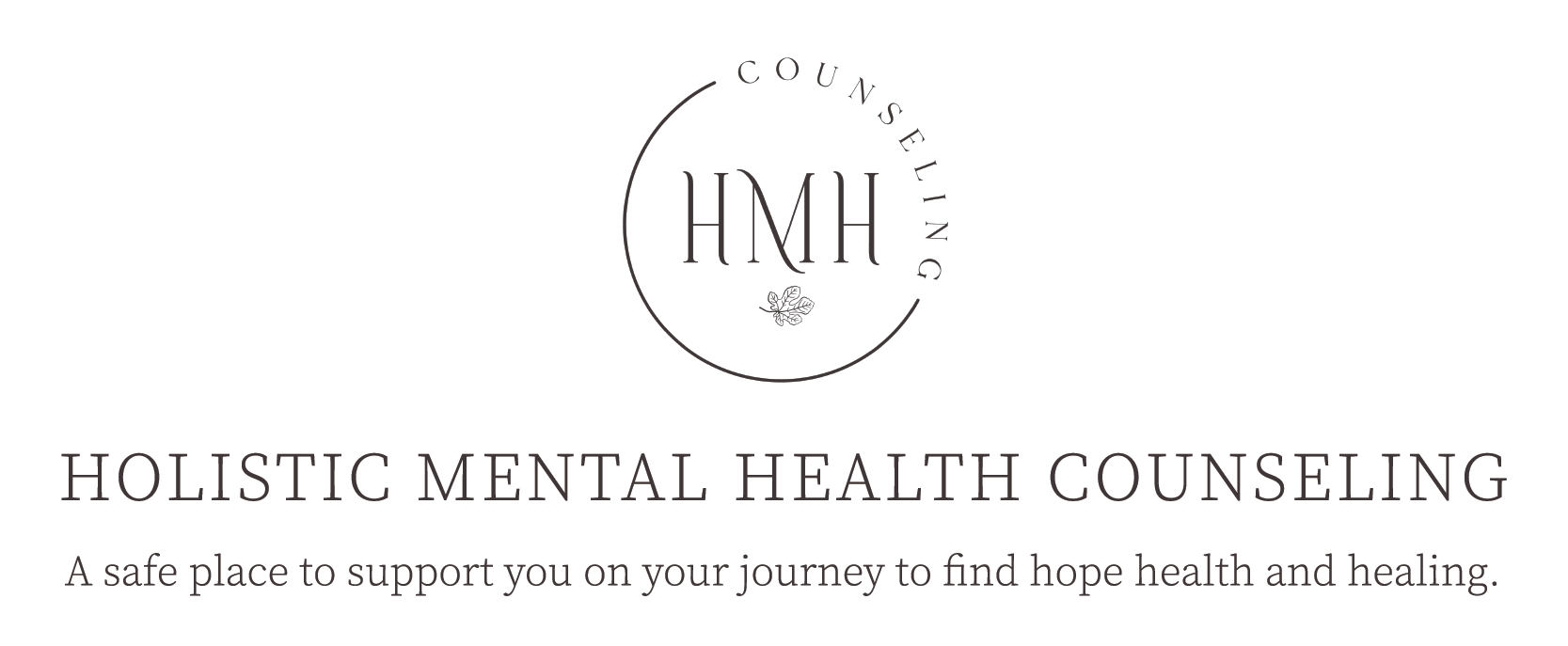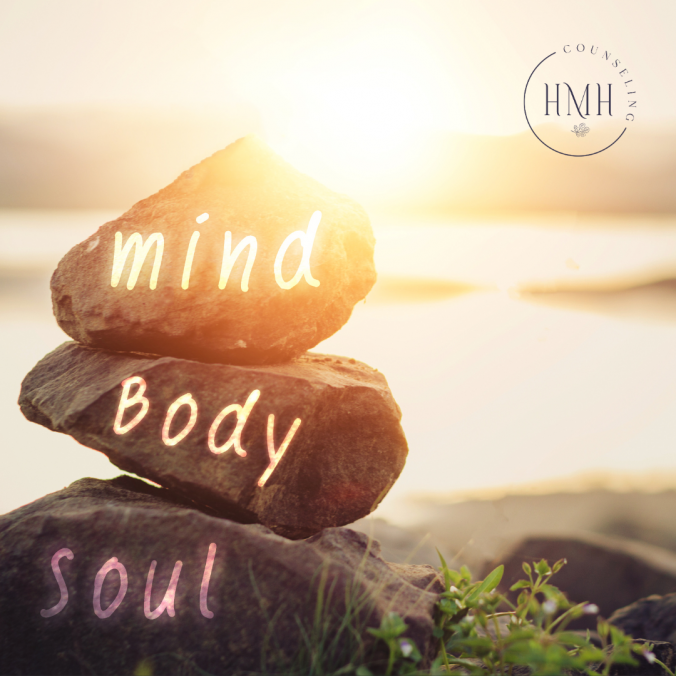July 11 • Written By Jennifer Sierra, LMHC
What is Mindfulness?
There are many different definitions of mindfulness, depending on who you ask. It is as simple as bringing a compassionate awareness to the present moment. It is about noticing your sensations, thoughts, and emotions from a place of curiosity, not judgment.
Mindfulness acts as a means to bring the unconscious aspects of your mind into conscious awareness, allowing you to actively make choices that enhance your life. It is a powerful tool that can be used along with psychotherapy to more readily identify and address the root cause of what is impacting your mental health.
Mindfulness practices have been around for thousands of years and have been studied extensively for decades. It is often associated with Buddhism, which can lead to confusion about whether it is a religion or not. While mindfulness may have originated from Buddhist teachings, it is not limited to any particular spiritual or religious tradition. It can be practiced by anyone regardless of their faith.
It has been adapted and secularized for use in various settings, including mental health treatment. In fact, many mental health professionals use mindfulness-based interventions to help their clients manage symptoms of anxiety, depression, and other mental health conditions.
This simple practice can have a profound impact on our thoughts, emotions, and physical health. Mindfulness helps individuals become more aware of their thoughts and feelings, reducing anxiety and stress while increasing emotional intelligence and resilience. While mindfulness is not a religious practice, it can also be a valuable tool for individuals of any faith looking to deepen their spiritual connection and improve their mental health.
The Connection Between Mindfulness and Mental Health
Mindfulness helps you become more aware of your thoughts and emotions, which can reduce anxiety and stress. Focusing on the present moment allows you to:
- Observe your thoughts and feelings without judgment or distraction.
- Identify your triggers and underlying core issues
- Develop a greater sense of control over your emotions, and
- Reduce the impact of negative thoughts and feelings on your mental health.
Benefits of Mindfulness
Studies have found that mindfulness-based interventions can help individuals with anxiety disorders reduce anxiety symptoms and improve their overall quality of life. Research has also shown that mindfulness can also be an effective tool to reduce symptoms of depression and regulate emotions.
Other Benefits of Mindfulness include:
- Reduced rumination (fixating on negative thoughts)
- Lowered blood pressure & heart rate
- Improved memory, attention & focus
- Increased academic success
- Increased ability to adapt better to negative or stressful events
- Increased immune function and better general health
- Less emotional reactivity & increased self-control
- Increased relationship satisfaction
- Enhanced mind-body connection
- Greater mental clarity, calmness, and resilience
Incorporating mindfulness into your daily routine is key to reaping its rewards. By integrating mindfulness into your life, you can gain greater mental clarity, calmness, and resilience, leading to improved mental and emotional well-being.
How to Incorporate Mindfulness Practices into Your Daily Routine

- Start Your Day Mindfully
Begin your day with a few minutes of mindfulness practice. Before reaching for your phone or jumping out of bed, take a moment to focus on your breath, remember what you are grateful for and tune into your body and observe any sensations or feelings that arise. This simple practice helps you check in with yourself and determine your self-care needs to get through the day. It also can help you feel more grounded and present to enjoy your day.
- Mindful Eating
Rather than rushing through meals or eating while multitasking, take the time to engage your senses and fully enjoy your food. Pay attention to the colors, textures, and flavors of what you are eating. Chew slowly and savor each bite. Mindful eating can help you develop a healthier relationship with food and prevent overeating. It can also improve digestion.
- Mindful Movement
Incorporating movement into your daily routine is crucial for overall well-being. Whether it’s yoga, walking, or any other form of exercise, engage in it mindfully. Focus on the sensations in your body, the rhythm of your breath, and the present moment. Mindfulness movement also allows you to connect your mind and body, enhancing the benefits of physical activity.
- Mindful Moments
Throughout the day, take short mindful breaks to reset and recharge. These moments can be as simple as pausing to take a few deep breaths, stepping outside to connect with nature, or simply observing your surroundings with curiosity. These small moments of mindfulness can bring clarity and reduce stress.
- Mindful Technology Use
In our technology-driven society, being mindful of our screen time is important. Set aside designated periods to disconnect from digital distractions and engage in activities that promote presence and connection. Consider turning off notifications or removing tempting apps from your phone to avoid mindlessly falling into the endless loop of social media.
- Mindful Reflection
Before going to bed, take a few minutes to reflect on your day. Consider moments of gratitude, events, or experiences that brought you joy or lessons learned. This reflective practice allows you to gain insight and cultivate gratitude.
- Mindful Check-Ins
You can also check in with yourself throughout the day and ask yourself:
- How do I feel right now?
- What am I sensing physically and how would I describe it?
- What thoughts did I have before I started feeling this way?
- What about this situation is causing me feel to this way?
Mindfulness is a powerful tool for improving mental health and overall well-being. By cultivating a compassionate awareness of the present moment, mindfulness allows us to observe our thoughts and emotions without judgment, reducing anxiety and stress. It can help you identify triggers and regain control over your emotions so that you can make lasting changes.
The benefits of mindfulness also positively impact your physical health, memory, attention, academic success, immune function, and relationship satisfaction.
Seek Professional Help
While mindfulness is a powerful self-help tool that fosters self-awareness, it’s not a substitute for professional guidance or a one size fits all solution. Mental health is complex, and sometimes our struggles may require additional support. Just as we would consult a doctor for physical ailments, seeking help from a therapist, counselor, or psychiatrist can be invaluable for addressing mental and emotional well-being. Many different types of therapy worth exploring can help you understand and manage your mental health. Through various forms of therapy, including talk therapy, cognitive behavioral therapy, and mindfulness, a therapist can provide a safe and supportive environment where you can express your feelings, learn how to cope effectively and work through your challenges.
Now accepting new clients. I would love to hear from you! Schedule an intro call with me today by clicking here
References:
Title: The Effect of Mindfulness-Based Therapy on Anxiety and Depression: A Meta-Analytic Review
Authors: Hofmann, S. G., Sawyer, A. T., Witt, A. A., & Oh, D.
Year: 2010
Journal: Journal of Consulting and Clinical Psychology
Volume: 78(2)
Pages: 169-183
DOI: 10.1037/a0018555
To access the full article, you can go to the following link: The Effect of Mindfulness-Based Therapy on Anxiety and Depression: A Meta-Analytic Review
Title: Mindfulness and Symptoms of Depression and Anxiety in the General Population: The Mediating Roles of Worry, Rumination, Reappraisal and Suppression
Authors: Andrés, P., & Gili, M.
Year: 2019
Journal: Frontiers in Psychology
Volume: 10
Article: 506
DOI: 10.3389/fpsyg.2019.00506
You can access the full article here: Mindfulness and Symptoms of Depression and Anxiety in the General Population: The Mediating Roles of Worry, Rumination, Reappraisal and Suppression





